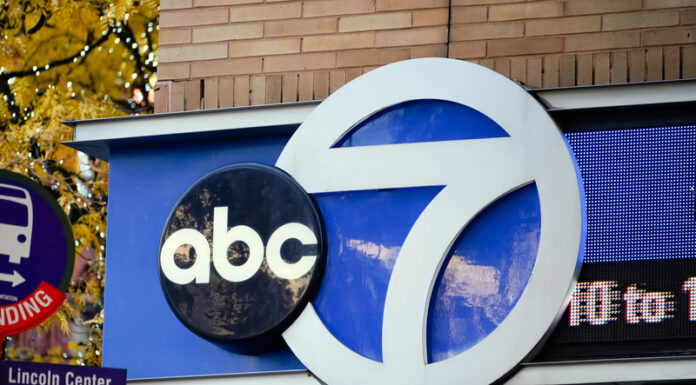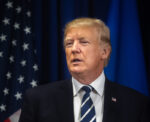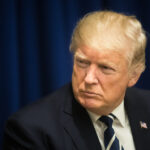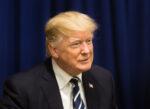Former ABC News correspondent Terry Moran has publicly acknowledged that his longtime employer exhibited bias against President Donald Trump, attributing the slanted coverage to a lack of ideological diversity within the network’s newsroom. Moran, who spent nearly 28 years at the Disney-owned news organization before his departure in June 2025, made the admission in a Substack post published last week.
In his essay titled “RIP, CBS,” Moran stated: “Were we biased? Yes. Almost inadvertently, I’d say.” The veteran journalist explained that ABC News suffers from the same problem affecting many leading cultural institutions in America – a fundamental lack of viewpoint diversity.
Moran revealed that ABC News employed hardly any journalists who supported Trump, a reality he argued inevitably impacts news coverage. He described this phenomenon as creating a form of institutional deafness, where traditional news divisions fail to hear many voices across the country because those perspectives are absent from their newsrooms. The former correspondent compared media coverage of Trump supporters to an anthropological exercise, likening it to trying to understand nature by visiting a zoo rather than observing animals in their natural habitat.
The journalist’s departure from ABC News occurred after he posted critical comments about White House Deputy Chief of Staff Stephen Miller on social media. In his post, Moran characterized both Trump and Miller as world-class haters, describing Miller as someone richly endowed with the capacity for hatred. The network determined these comments violated ABC’s internal standards for impartiality, leading to Moran’s contract not being renewed.
Despite his acknowledgment of newsroom bias, Moran defended his controversial social media post about Miller and Trump. He indicated that he stands by every word of his criticism and considers his description of both men to be accurate, fair, and truthful. The former correspondent noted that he maintained a workplace reputation at ABC for trying to help colleagues understand conservative perspectives and the democratic forces that elevated Trump to political prominence.
Moran explained that during his tenure at ABC News, which began in 1997, the network made significant efforts to diversify its workforce across various demographics. He acknowledged that the organization, once dominated by white men, changed substantially for the better by hiring and promoting journalists from wider arrays of backgrounds. However, he emphasized that this diversification effort notably excluded pro-Trump voices from the newsroom.
The timing of Moran’s revelations coincides with increased scrutiny of media bias from the Trump administration. Federal Communications Commission Chairman Brendan Carr has sent letters to executives at major media companies, questioning their diversity goals, news coverage practices, and affiliate relations. Under Carr’s leadership, the FCC also delayed approval of Paramount’s merger with Skydance Media until certain conditions were met, including the appointment of an ombudsman to track media bias at CBS News.
Moran’s criticism of media bias extended beyond his own former employer to include other corporate, legacy, and mainstream news networks. He argued that these organizations suffer from similar problems of limited ideological diversity, which he contends creates a systemic issue affecting how news is gathered and presented to the public. The journalist suggested that while news teams regularly interview Trump rally attendees, this approach often produces inaccurate and superficial coverage.
Despite acknowledging bias issues within traditional media, Moran sharply criticized the Trump administration’s approach to addressing these concerns. He particularly objected to the FCC’s conditions for approving media mergers, comparing the government’s involvement in editorial oversight to authoritarian practices in Hungary, Poland, and Russia. Moran expressed strong opposition to what he characterized as efforts to establish de facto state control over national media narratives.
The former correspondent’s admission represents a rare instance of a mainstream media figure acknowledging institutional bias against Trump. His comments come as the media industry faces ongoing challenges regarding public trust and accusations of political partisanship. Moran now publishes commentary through his Substack newsletter, where he continues to analyze media and political developments following his departure from broadcast journalism.
ABC News has not publicly responded to Moran’s characterizations of bias within the organization. The network’s handling of Moran’s departure and his subsequent revelations highlight ongoing tensions between traditional media outlets and the Trump administration regarding coverage fairness and journalistic standards.








